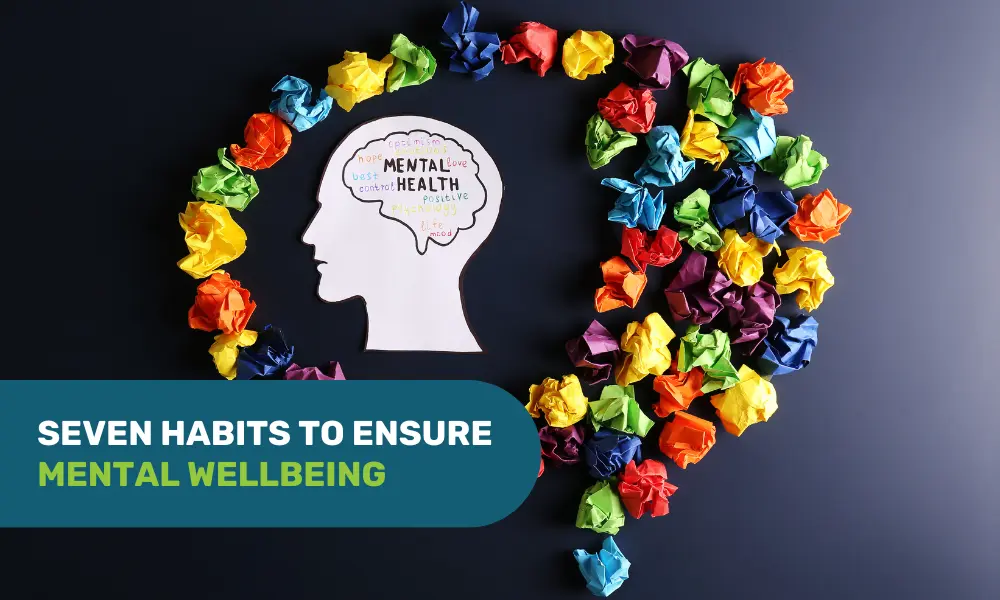Our memory plays a crucial role in our well-being. It allows us to process information, in decision making, and remembering things on a short-term and long-term basis. However, sometimes we may find it challenging to remember things. Memory issues may get triggered at any age.
Memory loss or forgetfulness may be caused by below factors:
-
Depression and extreme levels of mental stress.
-
Side effects of any medication.
-
Increasing age.
Dr. Sonal Mhatre, BHMS with 17 years of Clinical experience, explains that memory issues can be dealt by using several methods that may help to enhance memory and stay healthy. Here are nine tips to enhance your memory:
-
Keep learning. Try to learn new skills because learning enhances mental ability. Memory strength is like muscular strength, more you use it, the stronger it gets. This can help you boost your memory.
-
Stay organized. Try to organize the space around you, especially where you study or work. An organised desk can help you remember things and not forget important ones. You may keep track of tasks, events, and appointments in a notebook, calendar, or electronic planner. Keep to-do lists up to date. Strike off items you have completed.
-
Limit distractions. Avoid doing too many things at once as this can distract your focus. By doing multiple tasks at same time you might create a distraction for your own thought process. Therefore, staying focused on a particular information or task at a time, may help you remember things better.
-
Utilize all your vital Senses. Instead of relying on one sense to understand and retain information, you must relate the information to other senses like smell, taste and colour. This is one of the best techniques to improve memory as it involves utilizing more than one sense in understanding, processing, and utilizing information. This effectively enhances the power of your memory.
-
Fixing a Bed Time. Sleep is vital for overall brain health. Getting a full night’s sleep for about 7–9 hours per night, helps the brain to relax, absorb and record long-term memories. In addition to undisturbed sleep, it is vital to maintain a fixed sleep time daily. This allows your brain to adjust to its resting period. Sleep deprivation leads to bad memory.
-
Repeat and Retrieve Technique. When we repeat things, they get easily recorded in our memory. This is another effective way to memorize things; it improves your ability to recall. A focus board is one such example that can be used to repeatedly train your memory about something.
-
Memory Boosting Foods. A healthy diet with memory-boosting foods can be great for your brain. Eat berries, nuts, seeds, oily, fatty fish, broccoli, orange, avocado, and eggs. Sugary foods can taste delicious, but they may play a role in memory loss. So, avoid too much sugar intake. Additionally, in case of memory loss, including green leafy vegetables, berries, and fish in the diet can help to recover memory loss.
-
Meditation and Relaxation. Meditation helps to improve various cognitive functions like concentration, focus, memory, and learning. It helps brain cells to store more information that can be retrieved later. Meditation improves brain function, reduces stress, and improves memory.
-
Manage chronic health problems. Follow your doctor‘s instructions in case of medical conditions such as depression, obesity, high blood pressure, diabetes, and hearing loss. The better you take care of yourself, the better your memory is likely to be. Get your treatment regularly reviewed by a doctor. Some medicines, if taken for a longer time, can affect memory.
And most important of all, get help if you feel depressed; talk to your doctor.
These methods for improving memory can benefit your memorizing power and enhance your well-being and overall health. For instance, practising meditation may make a person less forgetful and help reduce stress. Adding one or two memory-boosting practices to your daily routine may help keep your brain healthy and prevent memory loss.





